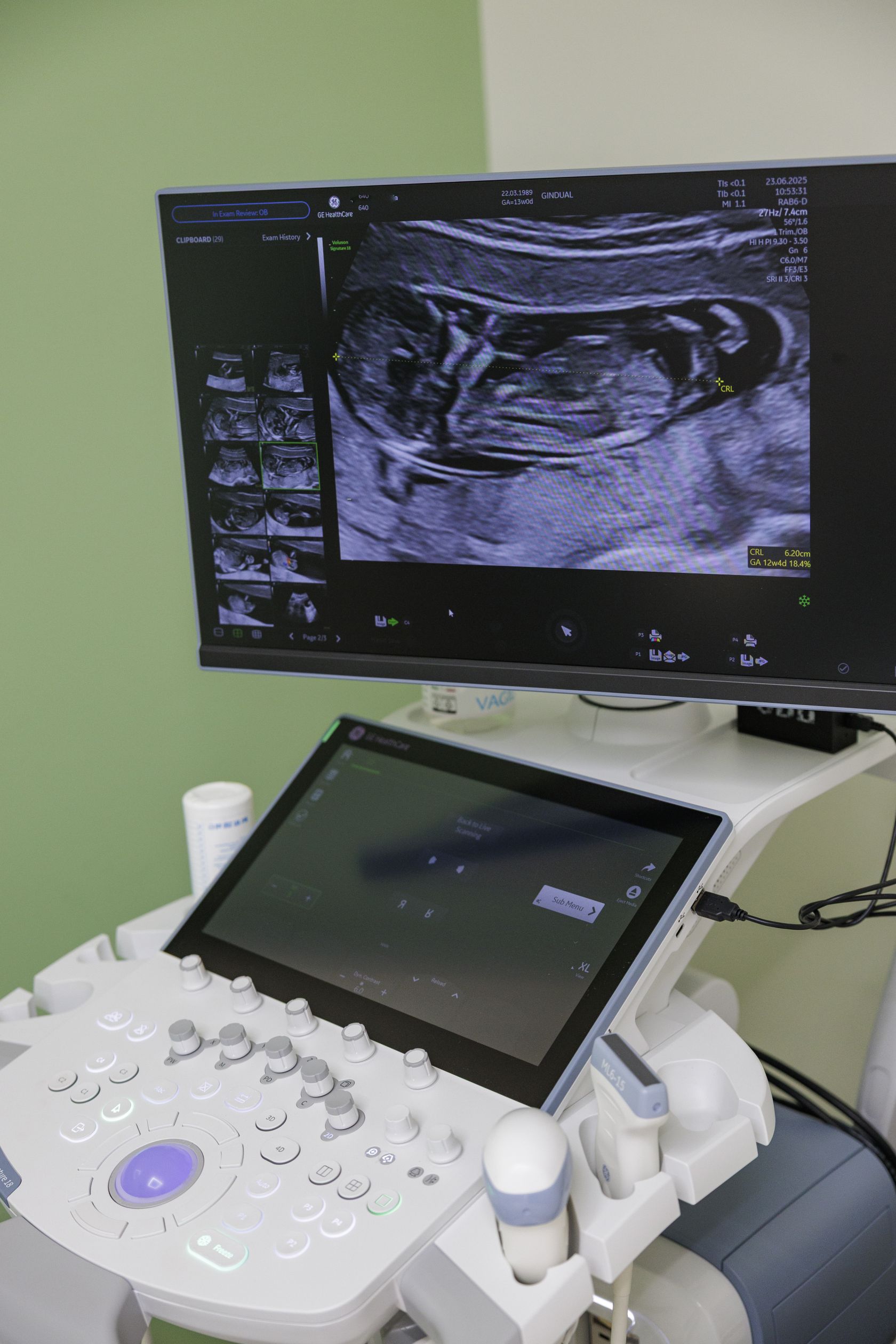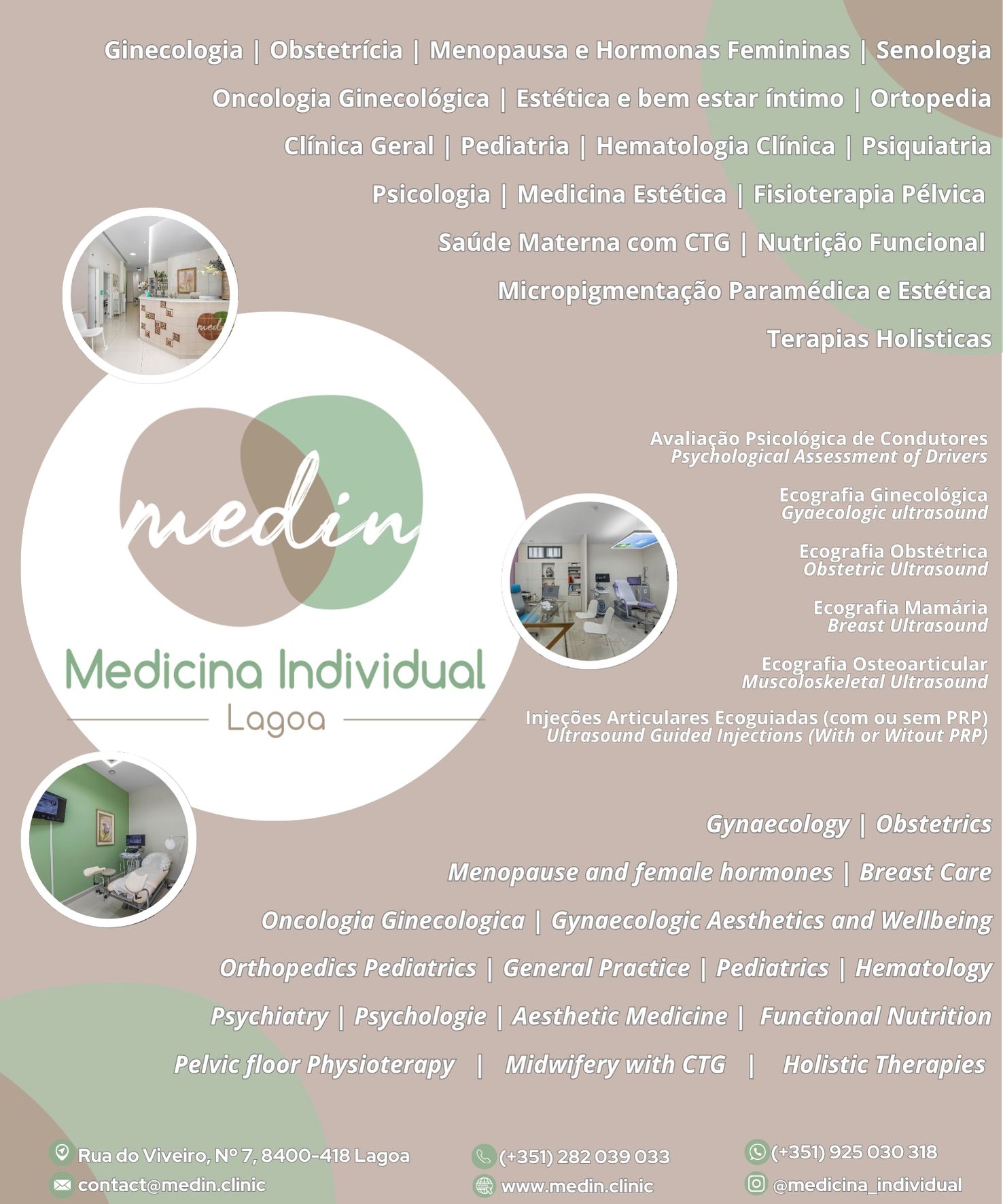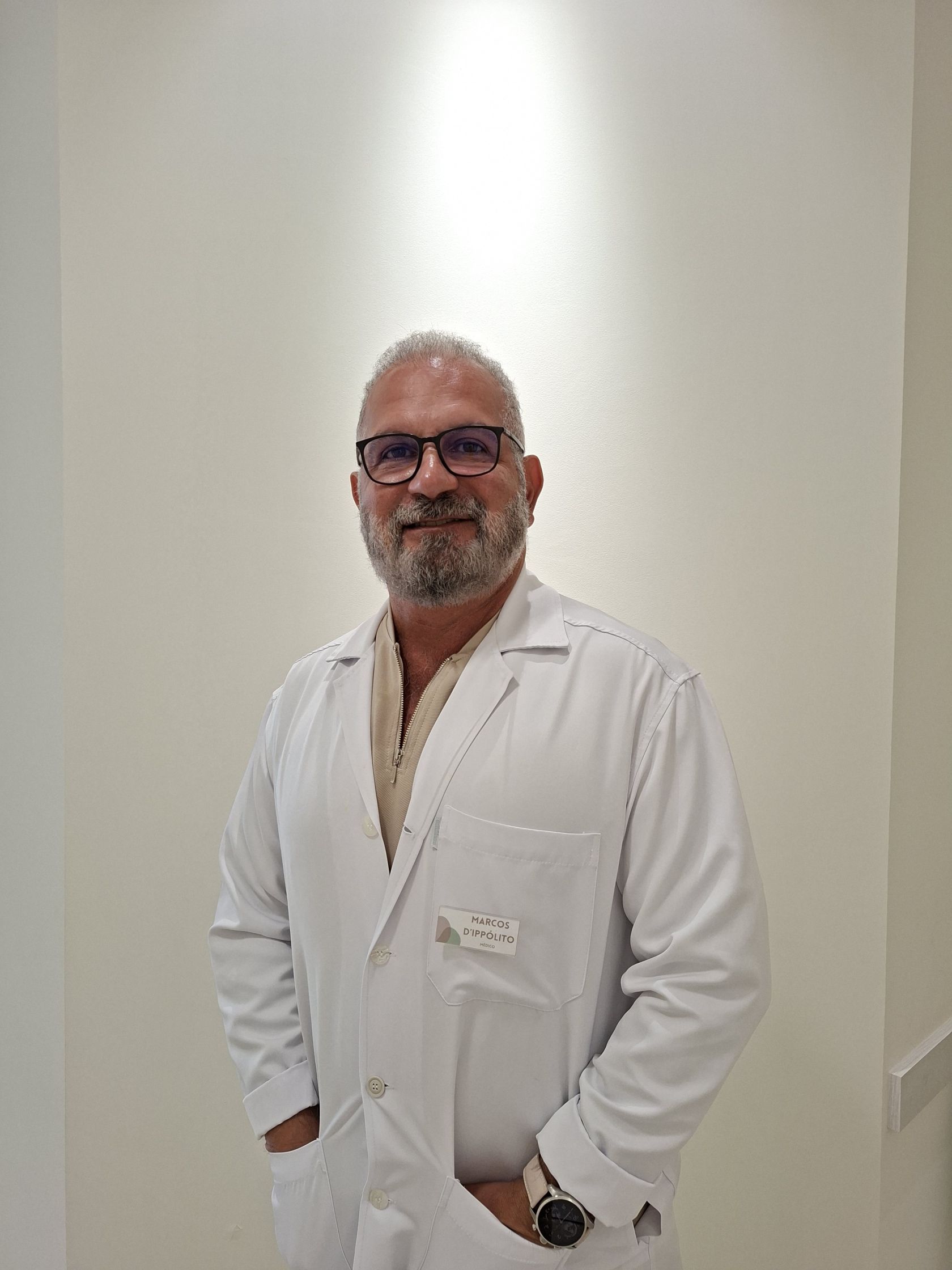The foundations of maternal and fetal health are laid early in pregnancy. Among the most serious complications that can affect this delicate balance is pre-eclampsia - a condition that may develop without obvious symptoms yet poses significant risks for both mother and baby if not detected and managed early.
Pre-eclampsia usually appears after the 20th week of pregnancy and is linked to high blood pressure. In more serious cases, it can lead to premature birth or problems with the baby’s growth. Fortunately, today it is possible to assess the risk of developing this condition as early as the first trimester, around the 12th week - when the first detailed ultrasound scan is performed.
In Europe, pre-eclampsia affects approximately 2% to 5% of pregnancies, with early-onset forms (before 34 weeks) accounting for 0.5% to 1% of cases, according to the European Perinatal Health Report (Euro-Peristat 2022). National variations are influenced by factors such as maternal age, obesity, pre-existing medical conditions, and access to high-quality screening.
Importantly, 15% to 20% of all premature births in Europe are linked to pre-eclampsia or other hypertensive disorders of pregnancy. In early-onset cases, the need for delivery before 34 weeks may arise in up to 50% of patients, with associated risks of neonatal complications and long-term health consequences.

Thanks to advances in fetal medicine, early identification of women at increased risk is now possible - often as early as the first trimester of pregnancy. When detected at this stage, appropriate preventive strategies, such as the timely use of low-dose aspirin, can significantly reduce the risk of severe complications.
At Medin Clinic - Medicina Individual in Lagoa, comprehensive pre-eclampsia risk screening is integrated into the first trimester morphological ultrasound, typically performed between 11+0 and 13+6 weeks of gestation. This is a specialized assessment that goes beyond routine imaging, combining:
- Detailed maternal history (e.g., age, weight, obstetric background, chronic conditions)
- Standardized measurement of mean arterial pressure
- Doppler evaluation of the uterine arteries
- Maternal blood testing for specific biochemical markers
These parameters are analysed using an internationally validated algorithm that calculates an individualized risk score for developing pre-eclampsia—particularly the early-onset form.
If an elevated risk is detected, evidence supports the initiation of low-dose aspirin (150 mg daily) before 16 weeks, which can reduce the incidence of severe early pre-eclampsia and related complications such as fetal growth restriction and preterm delivery by up to 80%.
This approach is safe, evidence-based, and offers peace of mind. It complements traditional prenatal care and supports women in making informed decisions for a healthy pregnancy.

At Medin Clinic, we believe every pregnancy is unique. That’s why we offer personalized, compassionate care with a focus on early prevention. Our goal is to bring calm and clarity to expectant mothers, while providing responsible, up-to-date medical support.
Schedule Your Screening:
If you are pregnant or planning to become pregnant, contact Medin Clinic to learn more about our first trimester pre-eclampsia risk assessment. Taking action early can make all the difference - for you and your baby.

About Dr. Marcos D’Ippolito:
Dr. Marcos Machado D’Ippolito is a board-certified obstetrician and gynecologist with over 30 years of experience. He graduated in Medicine in Brazil and completed postgraduate training in Obstetrics and Gynecology, high-risk pregnancy and Fetal medicine.
Dr. D’Ippolito is an affiliated member of both the Royal College of Obstetricians and Gynaecologists (RCOG) and the International Society of Ultrasound in Obstetrics and Gynecology (ISUOG), reflecting his commitment to maintaining the highest standards of evidence-based maternal care and continuous professional development.
He currently practices in Portugal, where he leads obstetric care at Clínica Medin Medicina Individual in Lagoa. His areas of expertise include early risk screening for pre-eclampsia, fetal growth monitoring, cervical assessment, and individualized pregnancy care. Fluent in Portuguese and English, he is known for his patient-centered communication and commitment to evidence-based medicine.









